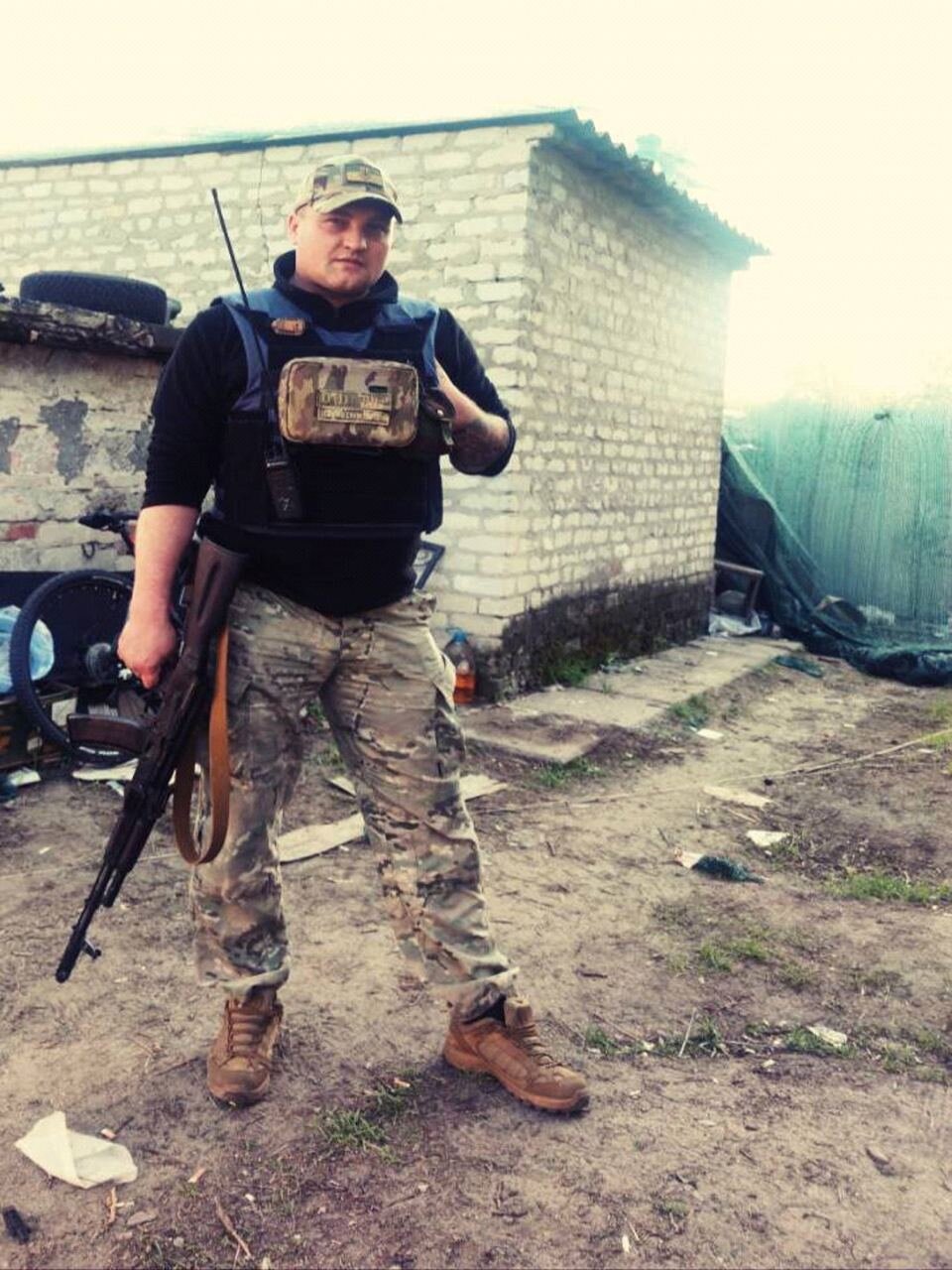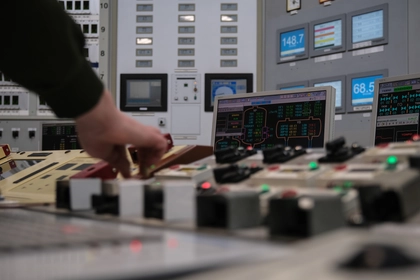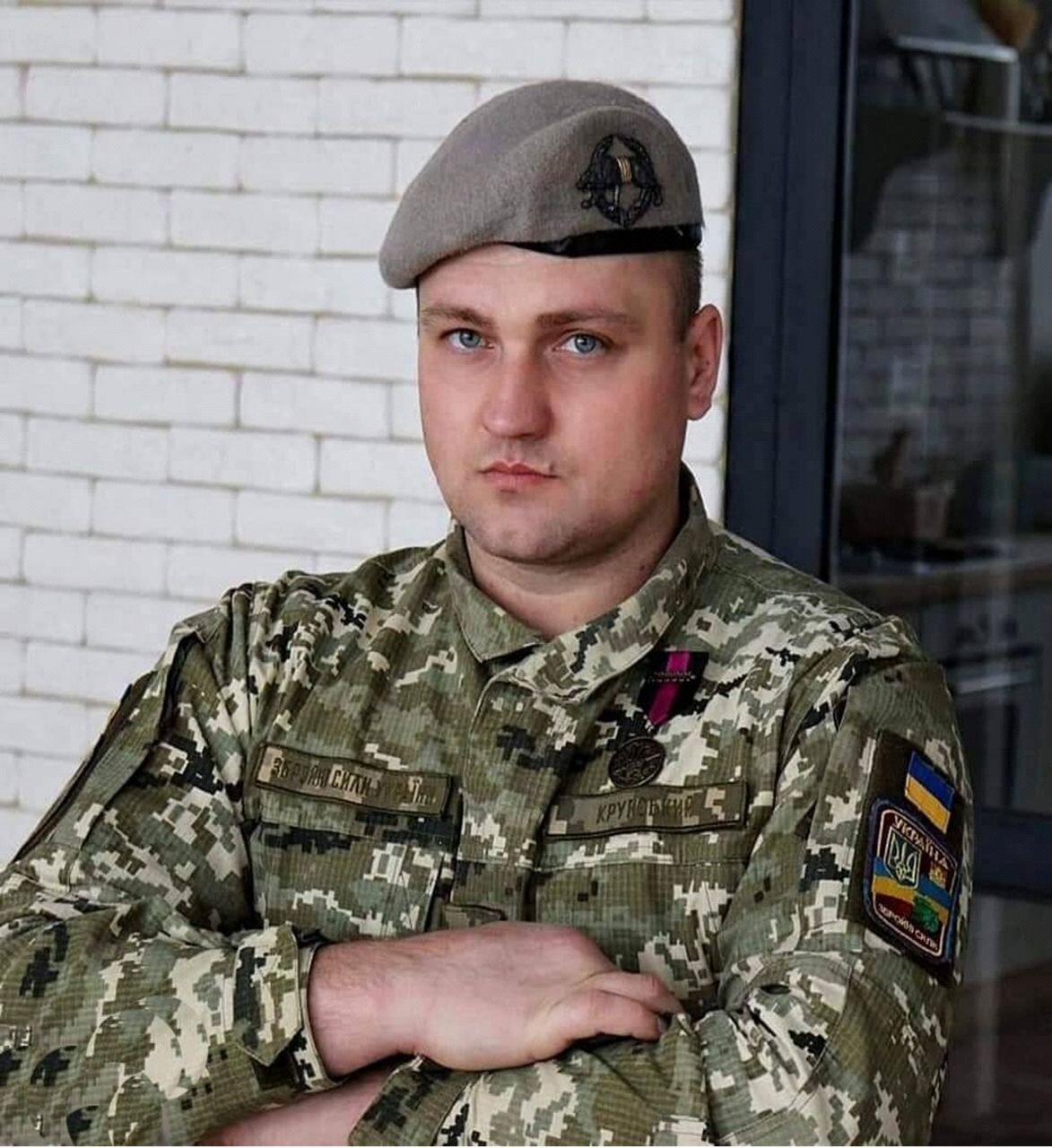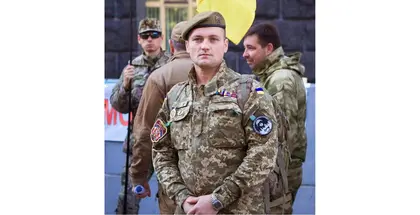Kyiv Post looks at the background and motivation behind Ukraine’s defenders in the form of an interview.
[Sydorenko] What is your name, and where are you from?
JOIN US ON TELEGRAM
Follow our coverage of the war on the @Kyivpost_official.
[Krupsky] My name is Bohdan Krupsky, and I’m from Kyiv.

[Sydorenko] How did you end up on the front? Does your family know where you are? Do you have someone waiting for you at home?
[Krupsky] I served in the 93rd Separate Mechanized Brigade from the beginning of 2015 until the end of 2017. I took part in the defense of Donetsk Airport and numerous other battles as a platoon commander, engaging in various reconnaissance activities.
I have served as a Special Operations Forces commander since 2018.
When Russia launched its full-scale invasion of Ukraine on 24 February of this year, I helped defend Kyiv, taking part in the battle for the Antonov Aviation Plant and the fight to control the road leading to Hostomel.
When Russian forces began their retreat from the northern theatre of war, I went east to take up defense of Severodonetsk with the 115th Separate Mechanized Brigade. I helped to train army medics there.
My family knows where I am.
I have my wife waiting for me at home. She worries a lot and supports me and my comrades in arms with her prayers, but also with material assistance such as thermal imagers, food, binoculars, rangefinders – everything we need that she can provide.
[Sydorenko] How important is the role of morale at the front?

Nuclear Power Plants Save Workers as Russian Bombings Intensify
[Krupsky] Morale and esprit de corps are among the most important characteristics of any fighter. I personally believe that I have these and other qualities that make for a good soldier. Every soldier must also know how to control his fear.
[Sydorenko] Can you tell me about your first battle, your baptism of fire?
[Krupsky] My first battle was back in 2015, at the Butivka Mine located between Donetsk and Avdiivka.
I came under tank and mortar fire and was wounded. But all I could think about at the time was repelling the enemy assault using the anti-tank weapons and small arms that were at my disposal.
At first, I found it difficult to manage my fear and think clearly. But in the end, we drove them back with no loss of equipment or personnel. It was my first lesson in dealing with combat stress. Over the years I have also learned the importance of managing risk to civilian lives – it’s important.

[Sydorenko] What motivates you to keep fighting – apart from your belief in Ukrainian victory?
[Krupsky] For a start, I have come to understand that the enemy is a bunch of thieves.
I cannot just stand by and watch them rob our homes, or worse, come here and take them for themselves. My goal is to see this through to the end while preserving the lives of my comrades and Ukraine’s civilian population.
I also want peace, for my children to sleep well at night, to have a decent life, to get an education. My young children are perhaps my greatest motivation.
Our children are our future, and they have a right to their own future, to live without fear of being shelled, without fear of losing everything in a single day, left to wander the earth as refugees, in places where they may not even be welcome.
Ukraine is their home, where they are welcome, where they were born. It is here where they are needed – all of them, including those forcibly deported – to make their country better, stronger, freer.
They, we, have to finish the job of changing Ukraine from a Soviet dictatorship to a country with a fair and open political and cultural system.
[Sydorenko] What are your hobbies in peacetime?
[Krupsky] I am a historian by profession, a graduate of Taras Shevchenko National University in Kyiv. I am also an athlete and a two-time gold medalist at the Invictus Games in Ukraine
[Sydorenko] What are your plans for the future, after Ukraine has won the war?
[Krupsky] I want to finish building my house near Kyiv and spend more time with my family. I also want to start a veterans’ movement and spearhead reform of local government.
From the personal file of Bohdan Krupsky: “He always personally performed combat missions together with the personnel and was an example for them.”
You can also highlight the text and press Ctrl + Enter






